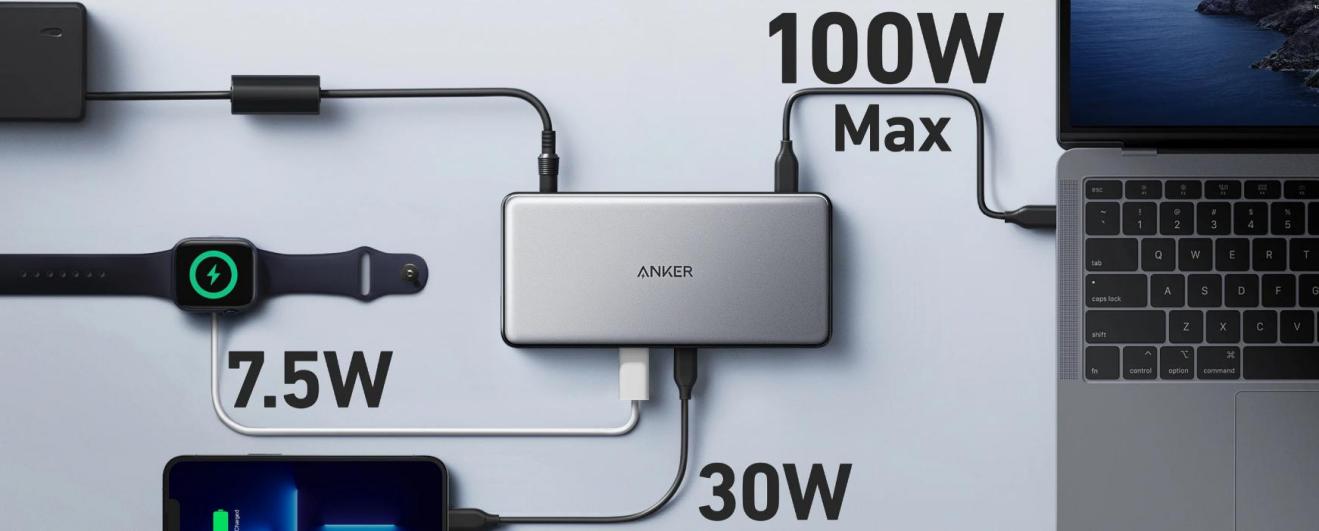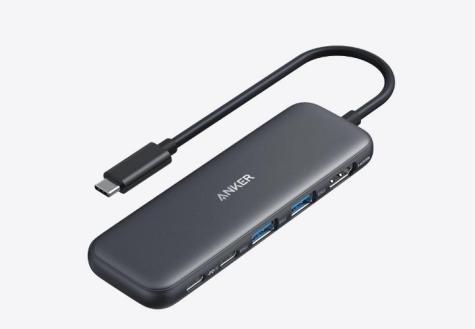USB Hub vs Docking Station: What’s the Difference?
If you find yourself juggling multiple gadgets and devices, you’re probably considering whether to invest in a USB hub or a docking station. Both serve to expand the connectivity options of your primary device, but they aren’t interchangeable. This blog will break down the differences, showcasing their unique benefits, features, and ideal use cases. By the end, you’ll know exactly which one suits your needs best.

What Is a USB Hub?
Basic Function and Purpose
A USB hub is a compact, convenient device designed to extend the number of USB ports available on your computer. Its primary job is to help you manage multiple USB devices like keyboards, mice, flash drives, and more without clutter. Essentially, it turns one USB port into several, making your setup more versatile.
Common USB Hub Types and Ports
USB hubs come in various types. Some only provide basic USB-A ports, while others include USB-C, HDMI, or SD card slots. The most common types are passive hubs, which draw power from your computer, and powered hubs, which come with their own power adapter. Your choice largely depends on the number of devices and the power they require.
What Is a Docking Station?
Key Features and Connectivity Options
Docking stations offer far more than just USB ports. They act as comprehensive expansion solutions, providing connections for monitors, Ethernet, audio, and additional USB ports. Some models even include specialized ports like VGA, DisplayPort, and Thunderbolt. They effectively turn a laptop into a full-fledged desktop replacement.
Types of Docking Stations
Docking stations can be either universal or proprietary. Universal docking stations work with various devices across multiple brands, making them highly adaptable. Proprietary docking stations, on the other hand, are designed specifically for certain laptop models or brands, ensuring optimal performance and compatibility.
USB Hub vs Docking Station: Key Differences
Port Variety and Expansion Capabilities
USB hubs primarily expand USB connectivity, offering limited additional ports. Docking stations, however, provide a broader range of connectors, including multiple display outputs, Ethernet ports, and audio jacks, making them a more versatile solution for diverse setups.
Power Delivery and Charging Support
Powered USB hubs can charge your devices, but they generally offer lower wattage compared to docking stations. Docking stations often feature robust power delivery capabilities, capable of charging laptops and other high-power devices, which is crucial for power users.
Speed and Data Transfer Performance
USB hubs, especially those supporting USB 3.0 or 3.1 standards, can deliver fast data transfer speeds up to 5 Gbps. Docking stations can match these speeds and often surpass them, especially if they include Thunderbolt 3 or 4 ports, which offer significantly faster data transfer rates.
Use Case Comparison: Which One Do You Need?
Ideal for Home Users and Casual Tasks
If your primary need is to connect a few peripherals like a mouse, keyboard, and a flash drive, a USB hub is likely more than sufficient. They’re easy to use and highly portable.
Best for Professionals and High-Performance Setups
Professionals who rely on multiple monitors, high-speed internet, and a range of peripheral devices will benefit more from a docking station. These setups demand robust power delivery, superior data transfer rates, and extensive connectivity options.
Traveling vs. Office Setup Considerations
For frequent travelers, a USB hub is ideal due to its lightweight and compact nature. For stationary office setups, a docking station offers unmatched versatility and power, turning your laptop into a desktop powerhouse.
Pros and Cons: USB Hub vs Docking Station
USB Hub Pros and Cons
Pros:
- Compact and lightweight.
- Less expensive.
- Ideal for basic peripheral connectivity.
Cons:
- Limited to USB ports.
- Lower power delivery.
- Slower data transfer rates compared to docking stations.
Docking Station Pros and Cons
Pros:
- Extensive port variety.
- High-power delivery.
- Superior data transfer speeds.
Cons:
- Larger and less portable.
- More expensive.
- Compatibility may be restricted with proprietary models.
Practical Buying Tips: What to Consider Before You Choose
Compatibility and Device Requirements
Ensure that whatever you choose is compatible with your primary devices. Check the port types and power requirements before making a decision.

Budget and Long-Term Value
While docking stations are pricier, they offer greater long-term value for complex setups. USB hubs are cost-effective for simpler needs.
Build Quality and Brand Reputation
Opt for well-known brands that offer high build quality and reliable customer support. A good warranty can also be a valuable consideration.
Conclusion
Both usb hubs and docking stations serve essential roles in enhancing your device’s connectivity. Your choice depends on your specific needs—USB hubs for simplicity and portability, and docking stations for comprehensive, high-performance setups. By considering your requirements carefully, you can make a well-informed decision that enhances your efficiency and productivity.
